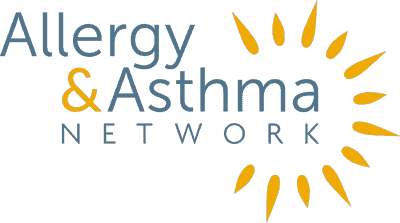Know the health and structural risks of mold and the damage it can cause
“Mold” is a general term for the fungi found indoors and outdoors, both in the air and on surfaces, according to health experts at the National Capital Poison Center. Mold is so prevalent—it’s been on Earth for millions of years—that it’s normal for you to have some mold in your home in the form of spores and mold cells. In fact, it’s impossible to remove it all.
Mold becomes an issue once it grows. It thrives in places that are damp, warm, and humid. That’s why most of us notice it in bathrooms. (Mildew is actually a kind of mold.)
Some types of mold, like Stachybotrys chartarum (also known as Stachybotrys atra, or “black mold”), grow on surfaces such as paper, wood, and fiberboard. Others like carpeting, insulation, window frames, and drywall.
Where mold proves most problematic are areas without good ventilation or drainage, such as basements, crawlspaces, and attics. “You get a lot of humidity in your attic, which turns into moisture. Because of the humid summers here in Des Moines, the heat is not escaping; the home’s not breathing and ventilating correctly.
Left to multiply, mold can cause a host of health concerns. It commonly causes allergic reactions, such as hay-fever-like symptoms and rashes, as well as upper respiratory issues such as coughs, sneezing, wheezing, runny nose, and shortness of breath.
The Environmental Protection Agency says that mold can cause asthma attacks in people with asthma and can irritate the lungs, throat, skin, nose, and eyes, even if people aren’t allergic.
Beyond affecting your health, mold also can damage your home’s building materials, furnishings, and belongings. Mold needs to eat to survive, and it’s perfectly happy eating your home if you allow it.
Fix the mold problem professionally
A mold remediation specialist removes and cleans mold colonies and excessive mold growth, returning the air humidity in your home to what’s considered normal.
Mold remediation involves using antifungal and antimicrobial cleaners on hard surfaces; sending removable soft surfaces such as sofa cushions and curtains out for cleaning; and replacing porous surfaces such as drywall. The area also is dried with fans and dehumidifiers, then sealed with plastic and negative air pressure.
Selling a property with mold
Either fix the problem entirely or prepare to disclose and drop your price
The issue will also need to be disclosed to future buyers so it’s important not to try and avoid the issue but rather address it head on so you can move forward.
Owners who try to sell properties with needed mold remediation usually get dilays in the selling process or no offers at all. If you are looking to sell your property, it is recommended to make sure it does not have mold growth, before listing it in the market.
There’s a buyer for every house, no matter what the condition is, as long as it’s priced accordingly with its condition. If you don’t have the upfront money and means to fix the mold problem, then you’ll need to compensate for that through the asking price.
Your agent may suggest a home inspection to clarify any structural, mechanical, or safety-related issues, which gives you the opportunity to disclose fully if you can’t make the repairs.
That said, when it comes to mold, it’s wise to fix it with a professional. Once sellers produce documentation of the work remediation done, buyers feel comfortable going forward.




